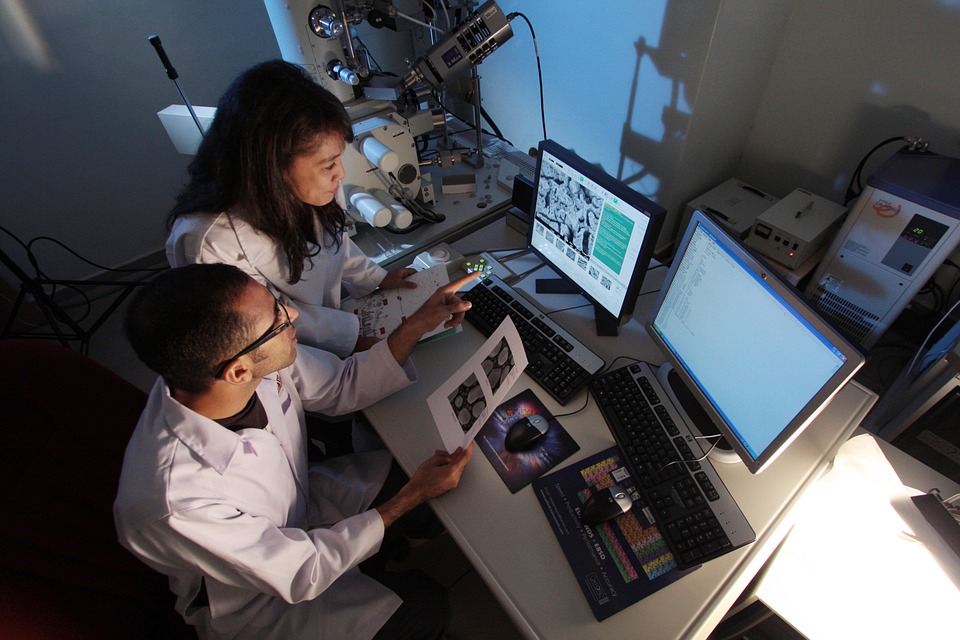A UCD-designed satellite, Educational Irish Research Satellite-1 (EIRSAT-1), has passed the design and review phase of the Programme European Space Agency’s (ESA) Fly Your Satellite! The minister for training, skills, innovation, and research and development, John Halligan, met the team at UCD to announce the passing of the first phase of review.
The team, led by Professor Lorraine Hanlon, included 16 postgraduate students from UCD, supported by ESA’s education office. The project is estimated to cost about €1.5mn. The majority of this funding will come from the Department of Business, Enterprise and Innovation, along with the Irish Research Council (IRC) and Science Foundation Ireland. (SFI)
The satellite, known as a CubeSat, is miniature-sized and cost-efficient, and will feature three experiments on board. There will be a miniaturised sensor for use in the detection of gamma-rays from both cosmic and atmospheric phenomena. A demonstration of a new thermal control coating developed by Irish company ENBIO Ltd will also be on board, as well as a control system developed by UCD’s School of Mechanical and Materials Engineering to control the movements of the Satellite when in orbit.
Speaking to Trinity News, Prof Hanlon said that the team have worked incredibly hard into getting the approval from ESA to launch the satellite. “Twenty four documents on all aspects of the mission design had to be submitted by the team for the ‘Critical Design Review’. These covered the design of the spacecraft and all of its sub-systems as well as computer simulations of the performance of the spacecraft in the harsh environment of the launch vehicle and in low earth orbit.” She also commented that the team is “ delighted to have successfully passed this milestone and are already busy working on the next phase of the mission, which is to build and test the satellite”
Fly Your Satellite! is a recurring programme organised by ESA in collaboration with European universities. It aims to work alongside academic education to engage university students and better prepare them for future professions in the space sector.
The announcement follows a number of recent developments in Ireland’s growing space sector. In 2017, the Irish government announced that funding would be allocated in the budget in order for Ireland to join the European Southern Observatory, ESO. The announcement came after a long campaign by the astrophysics community in Ireland. In June 2018 members of the ESO council voted unanimously to approve the terms of ESO membership for Ireland.






